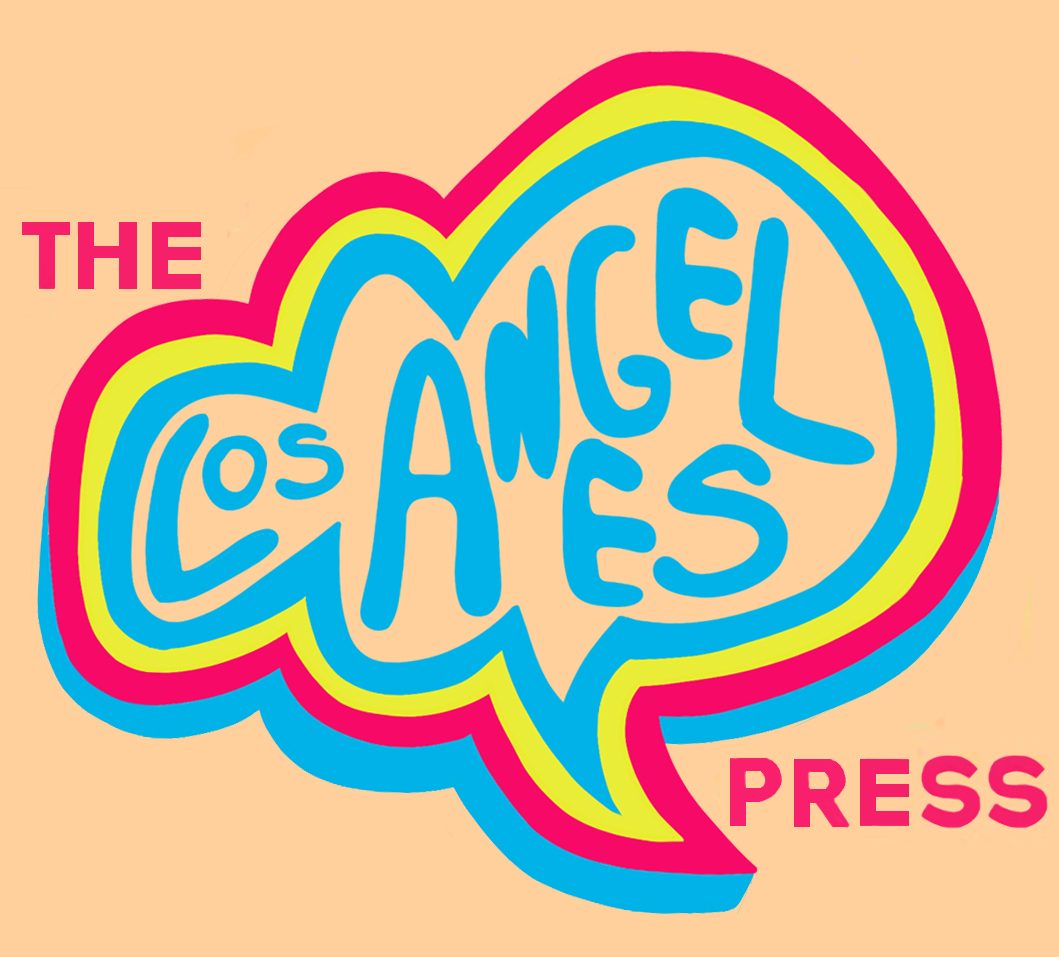Gen X Summer
My dad was a priest the summer that I slathered on baby oil, climbed out on a roof in the middle of the city, and lay down on the historic tiles of the 150-year-old rectory where we lived. Where they lived anyway; I was home from college. Apartments came easy, I’d find another come fall. I’d find another job, another major even, after I went back. The world was my oyster, etc.
The daughter of an Episcopal priest and an Oklahoma housewife, slathered also in platitudes and buoyed by conditional approval, I figured I’d go for a career in the arts. An actor, maybe, and as a really secure back-up, a fiction writer. The summer I slathered on baby oil, and lay perilously on a slanted tile roof three floors up that slanted down, I’d just read Douglas Copeland’s Generation X and didn’t get it. Why would I read a whole book with any patience at all that sounded exactly like a carful of my friends did every night, driving aimlessly around our Midwestern towns until they petered out to suburbs and then eventually ended in California? Why wouldn’t I rather drink and drive, Joy Division monotoning on the radio until someone popped out the cassette after the twentieth time it had played, only to be barraged by The Cure, who had definitely sold out by being discovered. The characters weren’t funny (they weren’t even trying to be, making no effort at all), the settings were boring (they felt like my life), and most importantly, nobody was headed anywhere good. Even I could see that.
I recently was given – well, forwarded – a picture of myself from a few years later when I was in my early twenties. I’m sitting on a cooler next to a skate ramp. There are a lot of stripes in the clothing. I’m wearing flip flops and the teensiest tank top ever made and laughing. I don’t know why I’m laughing, but perhaps it’s because I have no idea, in the photo, that by the time I am forwarded this picture twenty years later, I will owe an unpayable balance in graduate school loans, and still be wondering what I’ll be when I grow up. Perhaps it’s because, sitting on that cooler like it’s a throne, I am unaware of the holiness of the years I’m dancing my way through at a local hipster strip club, instead of devoutly getting coffees for movie producers who could become my mentors. Perhaps it’s because I am unaware of time altogether.
I am bitter at friends who were, even then, – secretly, it seems to me, or why wouldn’t they have told me? – actually getting experience in jobs that would bloom into careers. Why wouldn’t they have told me that I needed to start, to get on the ladder, to pull me by my ear out of the hipster strip club before my twenties dimmed? Someone somewhere might have whispered the word pension, or internship, or 401k. Held me down and showed me a chart of compound interest. Told me with no uncertainty that I must buy the house that I rented in Silverlake for $20,000 down and never worry about retirement money again, twenty years later, when it sold again for a million and half.
But they didn’t tell me. Maybe they thought a golden girl with curly hair that loved the right music and walked with sass wouldn’t understand about those mundane things. Or they did, but I wasn’t listening, hypnotized by the Southern California sun at the part of the day when it hits the rim of your cocktail the right way and you know you’ll be up until morning.
I care now, I want to say (but to who? Who could help me now?). I get it. I’m not entirely clueless, I’m just shit at timing. Timing was never encouraged among my people. That would have been so pedestrian. But now time is like a god to me: Give me another chance to get this thing right. Or bring me Robin Williams back, a genie with a father’s voice made indelible by movies, movies ever my instruction manuals, who will give me the parts of what I have now that I want to keep but will by God let me know the clock started back then, when I was glorious but dumb, golden but dull, drunk but also drunk on possibility. When I was slathered in baby oil, but the sun was going down on the empire of youth, even as I teetered on the rooftops.
Liz Stephens is building the Mojave Desert Arts Center, an off-grid residency space for writers and other artists east of Joshua Tree. She has served as managing editor of Brevity: A Concise Journal of Brief Nonfiction, where you can also find her essays on creative nonfiction craft, and is the author of a memoir The Days are Gods, as well as a contributor to many anthologies. She teaches through the UCLA Extension Writer’s Program and privately.
She is currently at work on a photographic essay book and a book about urban wild animals. Recent work can be found in the anthologies Brief Encounters: A Collection of Contemporary Nonfiction and Dirt: A Love Story, and a piece recently in Cleaver. Other work can be found in Fourth Genre and Terrain, among others. She has served as managing editor of the journal Brevity, and teaches nonfiction with UCLA Extension Writers’ Program and through private workshops and retreats.
